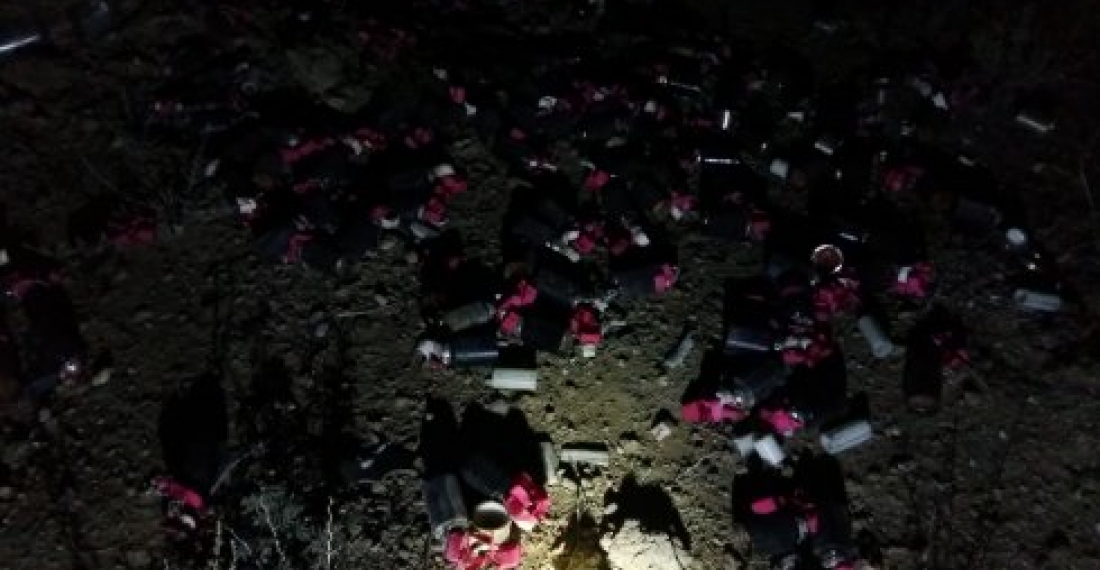Heavy fighting between Armenian and Azerbaijani forces continued overnight and early on Wednesday morning (7 October) as the renewed conflict in the Nagorno-Karabakh conflict zone and other areas entered its eleventh day.
Fighting continues to be heaviest in the southern sector of the line of contact around the town of Jabrail, which Azerbaijan claims to have retaken from the Armenian side. The Armenian side says that Azerbaijan is amassing troops on the bank of the Araks river, which provides a natural border with Iran.
In the meantime both sides accuse each other of using cluster bombs in civilian areas. The use of cluster bombs is banned by the "The Convention on Cluster Munitions (CCM)", an international treaty that prohibits the use, transfer, and stockpiling of cluster bombs, a type of explosive weapon which scatters submunitions ("bomblets") over an area. The convention was adopted on 30 May 2008 in Dublin, and was opened for signature on 3 December 2008 in Oslo. It entered into force on 1 August 2010, six months after it was ratified by 30 states. As of September 2020, 109 states have signed the treaty and 110 have ratified it or acceded to it. However neither Armenia nor Azerbaijan are parties to the convention.
Azerbaijan says that Armenia fired a cluster bomb towards the Baku-Tbilisi-Ceyhan pipeline, according to a tweet by presidential aide Hikmet Haciev, but this was denied by Armenia who insists that international energy pipelines are not being targeted.
Armenia fired cluster rocket to Baku-Tbilisi-Jeyhan pipeline. In vicinity of Yevlakh reg.rocket landed 10 meters away from BTC pipeline.300+ Cluster bomblets eject around. No damage to pipeline. ANAMA is in operation. Desperate attempts of Armenia to attack energy infrastructure pic.twitter.com/E7vgDsEQws
— Hikmet Hajiyev (@HikmetHajiyev) October 6, 2020
Armenia accuses Azerbaijan of using cluster bombs in attacks against civilian targets in Stepanakert. Azerbaijan denies these claims.
source: commonspace.eu







